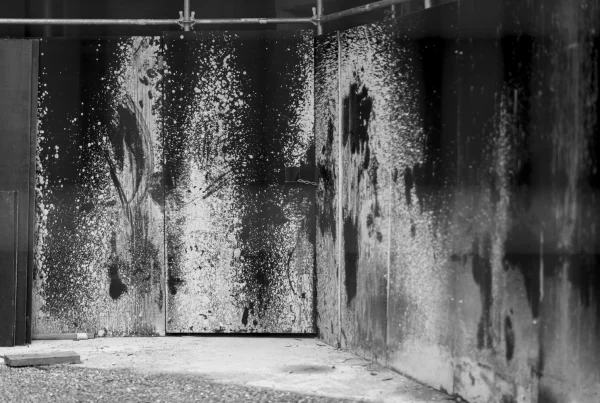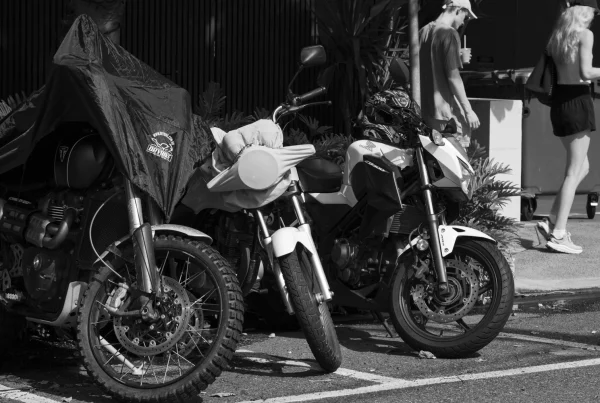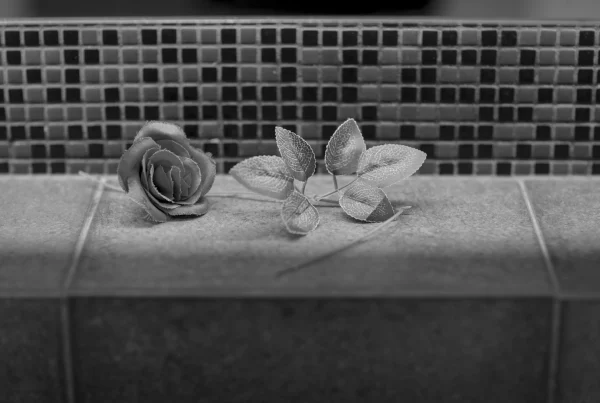The Phuket Vegetarian Festival: A Sacred Tradition of Purification and Devotion
The Phuket Vegetarian Festival is believed to prevent illness and misfortune. According to legend, in 1825, a traveling Chinese opera company—ngiu in Thai or pua-hee in the Hokkien dialect—arrived in Naithu Village, Kathu.
Tragically, many performers fell gravely ill. Seeking a cure, they abstained from consuming meat and followed strict vegetarian practices as an act of contrition, believing their suffering resulted from past transgressions. Miraculously, they recovered. To honour this event, Chinese immigrants established an annual festival, which has continued ever since.
Many believe the festival fosters physical and spiritual healing while preventing misfortune by cleansing the body and mind through sacred rituals.
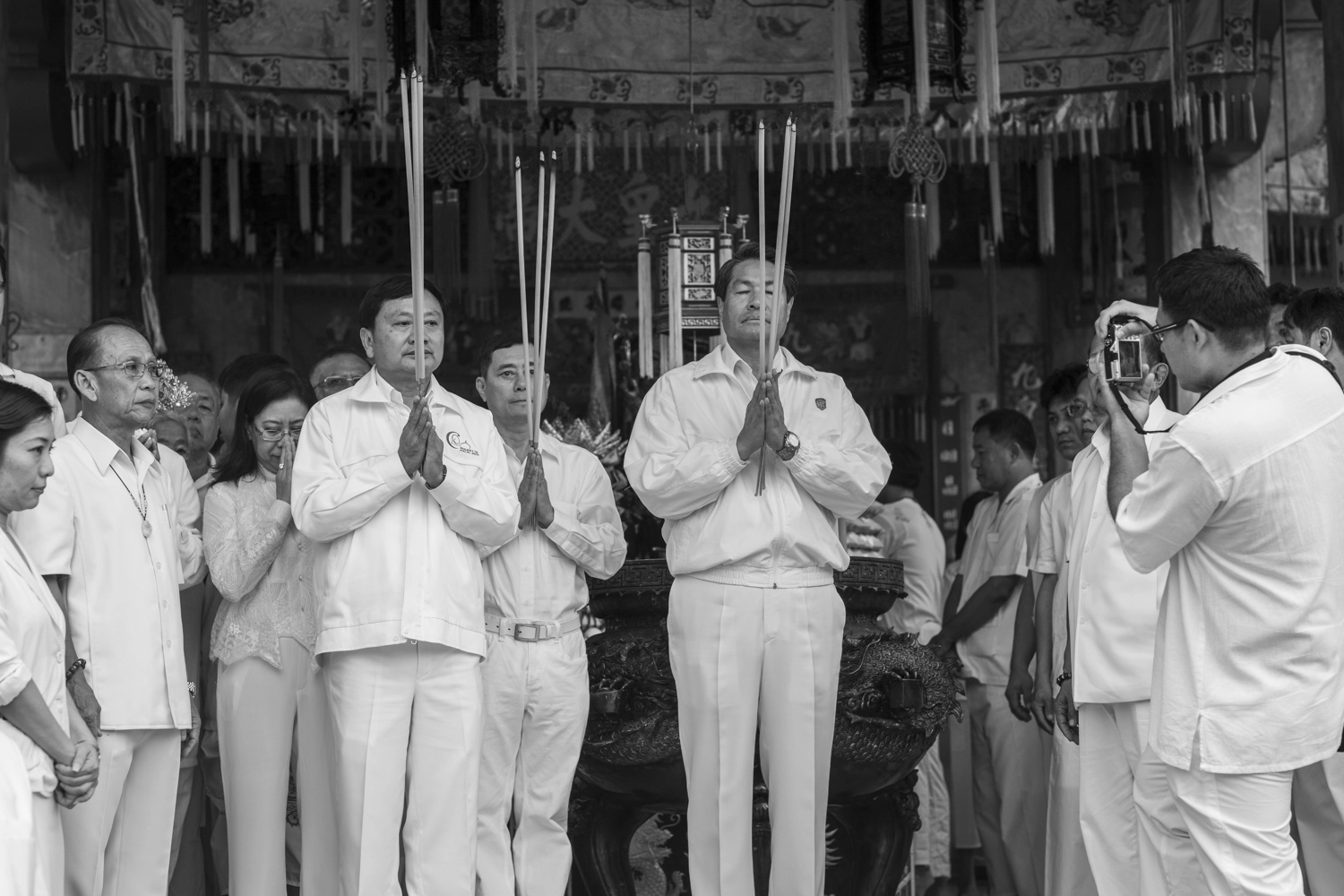
Festival Preparation: Purification and Protection
Each shrine in Phuket burns incense sticks to purify the surroundings, inviting an assembly of Buddhas, bodhisattvas, gods, and angels while driving away malevolent spirits.
A crucial ritual is the Pangkun Ceremony, symbolising the deployment of spiritual soldiers to guard the city. Each direction has a corresponding flag color:
- Black for the Northern troop
- Red for the Southern troop
- Green for the Eastern troop
- White for the Western troop
- Yellow for the Royal troop
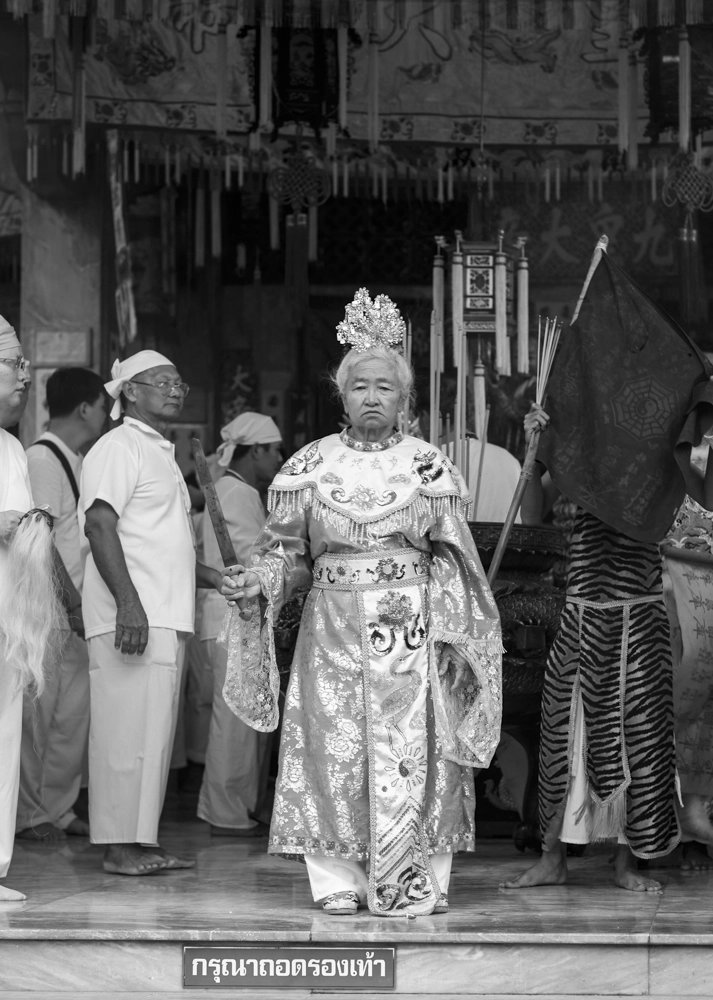
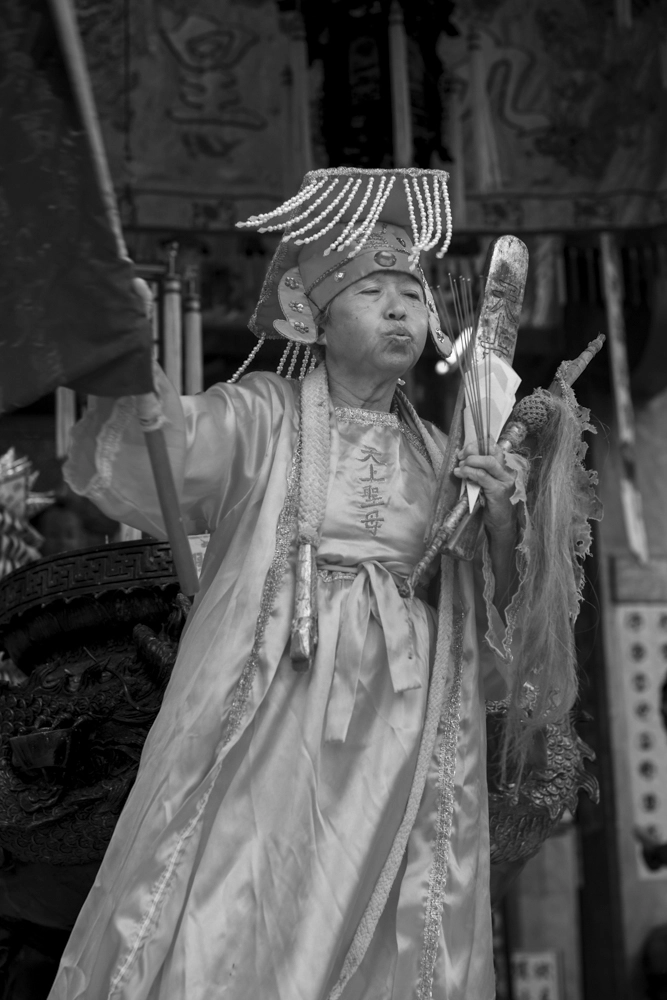
The Koteng Lantern Pole Ceremony
On the last day of the 8th lunar month in the Chinese calendar, every shrine raises a Koteng lantern pole to invite the Jade Emperor (Yok Ong Tai Te) and the Nine Emperor Gods (Kiu Ong Tai Te) to descend from the heavens.
Before the pole is raised, devotees cover it in gold leaf as an offering. Once elevated, nine lanterns are hung at the top, serving as temporary residences for the visiting emperor gods. Their spirits remain above ground as the earthly realm is considered too impure for their supreme presence, despite festival participants strictly adhering to ten vegetarian rules.
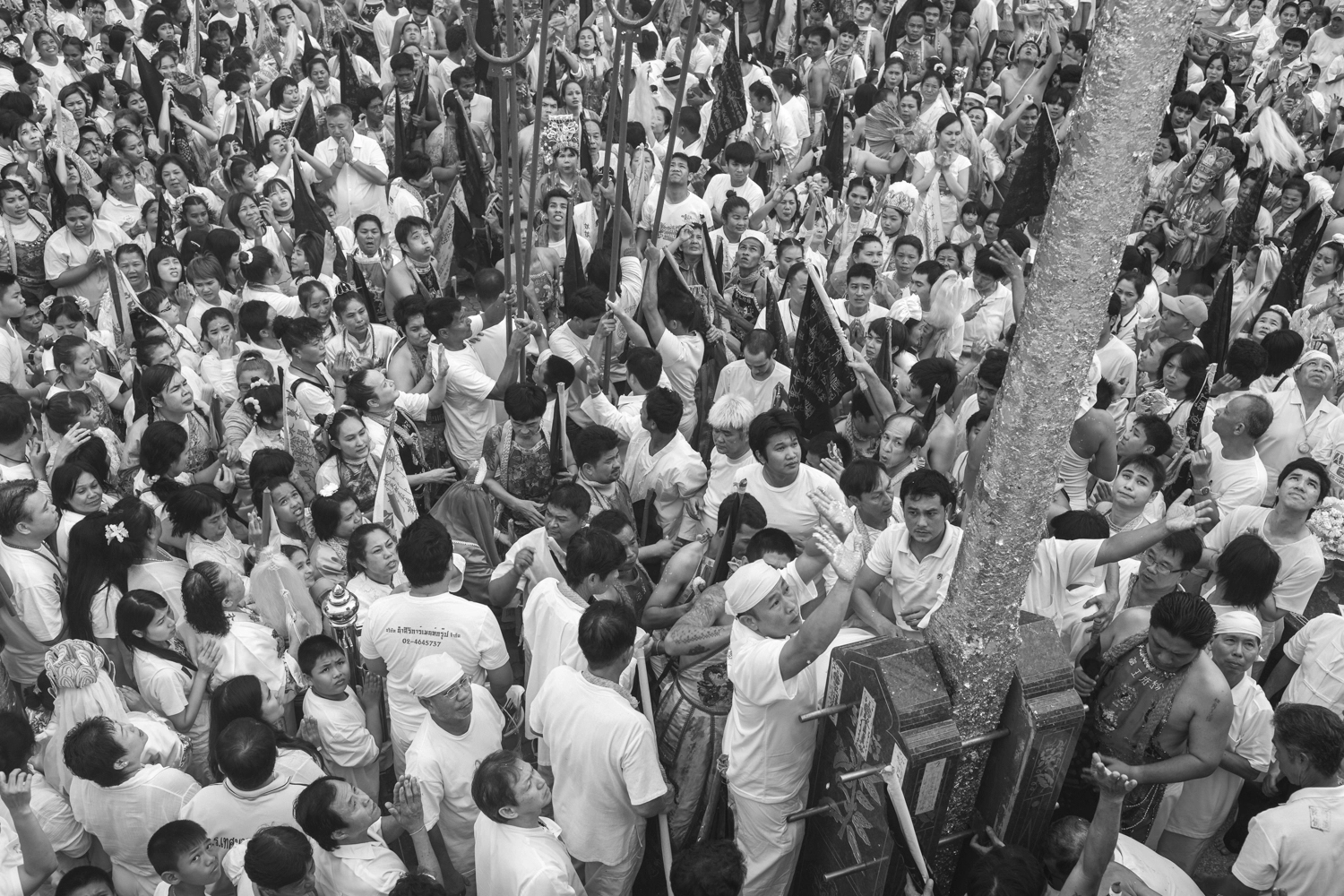
The Ma Song: Spirit Mediums and Ritual Piercing
A central element of the festival is the Ma Song, individuals who act as spirit mediums. Translated as “entranced horse” or “horse of the gods,” Ma Song invite deities to possess their bodies, allowing them to perform extraordinary acts of endurance.
During possessions, Ma Song engage in extreme body piercings, using sharp implements such as swords, skewers, and even wooden umbrellas to puncture their cheeks. Traditionally, five iron weapons—each representing celestial generals of the five directions—were used. It is believed that divine protection prevents pain and serious injury.
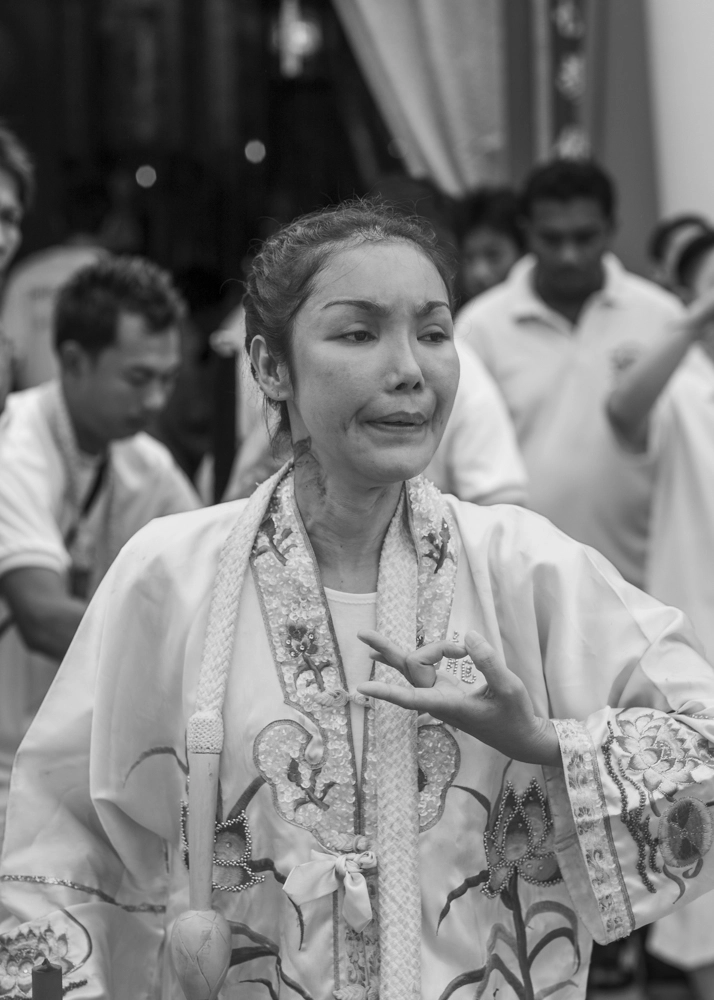
The Paichidechae Ceremony: Honoring the Seven Planets
The Paichidechae or Koychidchae Ceremony calls upon the seven celestial planets to bestow blessings upon festival participants. A high stage is constructed where only the leading mediums and ceremony officials may stand. A Songkeng (prayer leader) invokes planetary energies to bring prosperity.
An additional ritual, known as magic Hu, involves distributing sacred cloths inscribed with incantations, believed to bring good fortune for the coming year.
The Lewkeng Ceremony: Procession of the Gods
During the Iewkeng Ceremony, the Kiu Ong Tai Te deities parade through Old Phuket Town, bestowing blessings upon devotees. The rhythmic sound of gongs and drums announces their passage, prompting onlookers to kneel in reverence.
Following the gods, the Thaokee procession carries flags, symbolising celestial armies on the march. The final Thaipia procession features spirit mediums seated on elaborately decorated palanquins, embodying commanding generals of the heavenly army.
The festival concludes with the Tuo-lian palanquin procession, where the Kiu Ong Tai Te deities are honored. Spectators kneel or sit in silent reverence as the celestial kings pass by, marking the culmination of the sacred ten-day event.
Related Journal Entry:
For another exploration of Southeast Asian religious ceremonies, read my documentation of Mr. A.A. Mangkling’s Ngaben cremation in Bali.
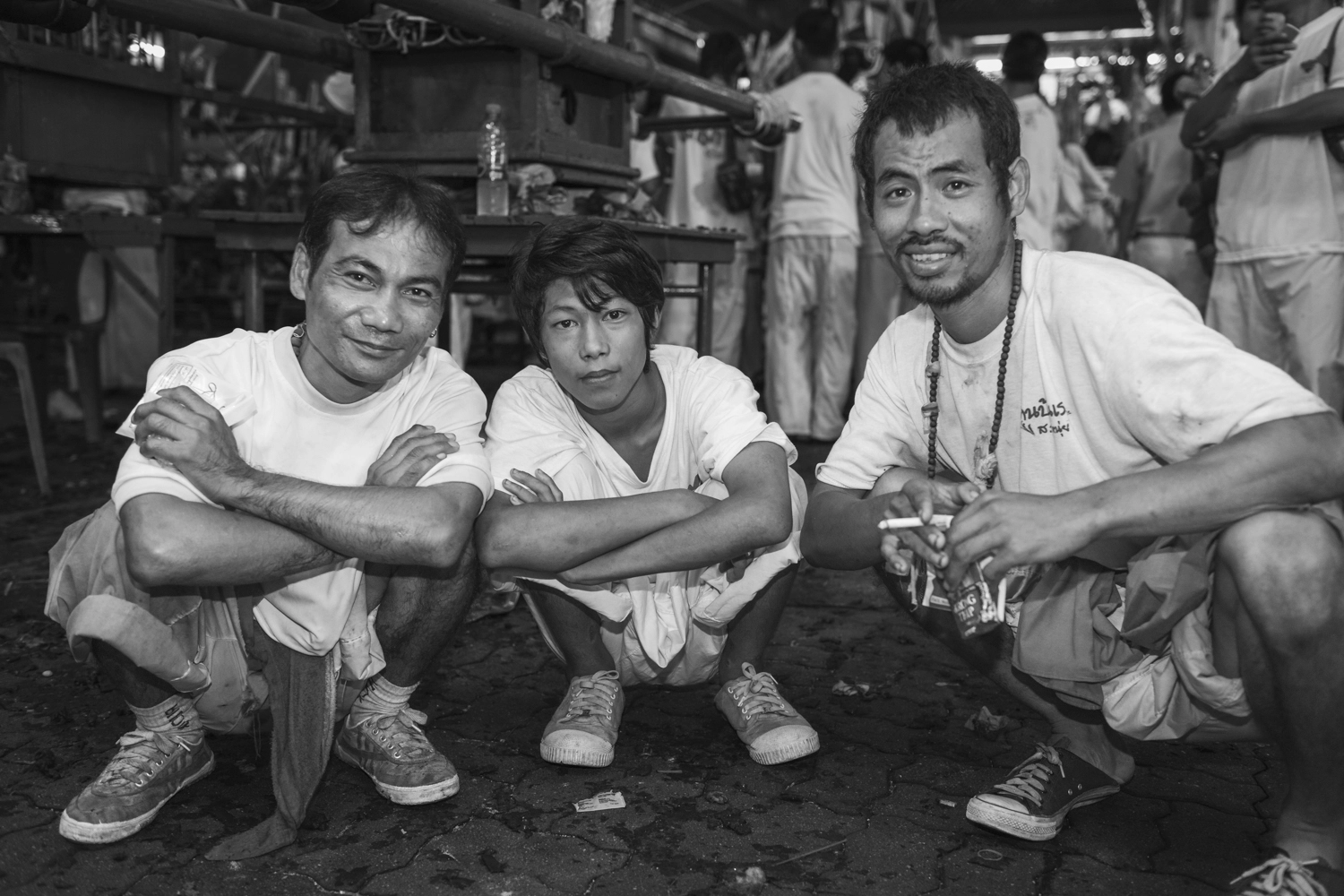
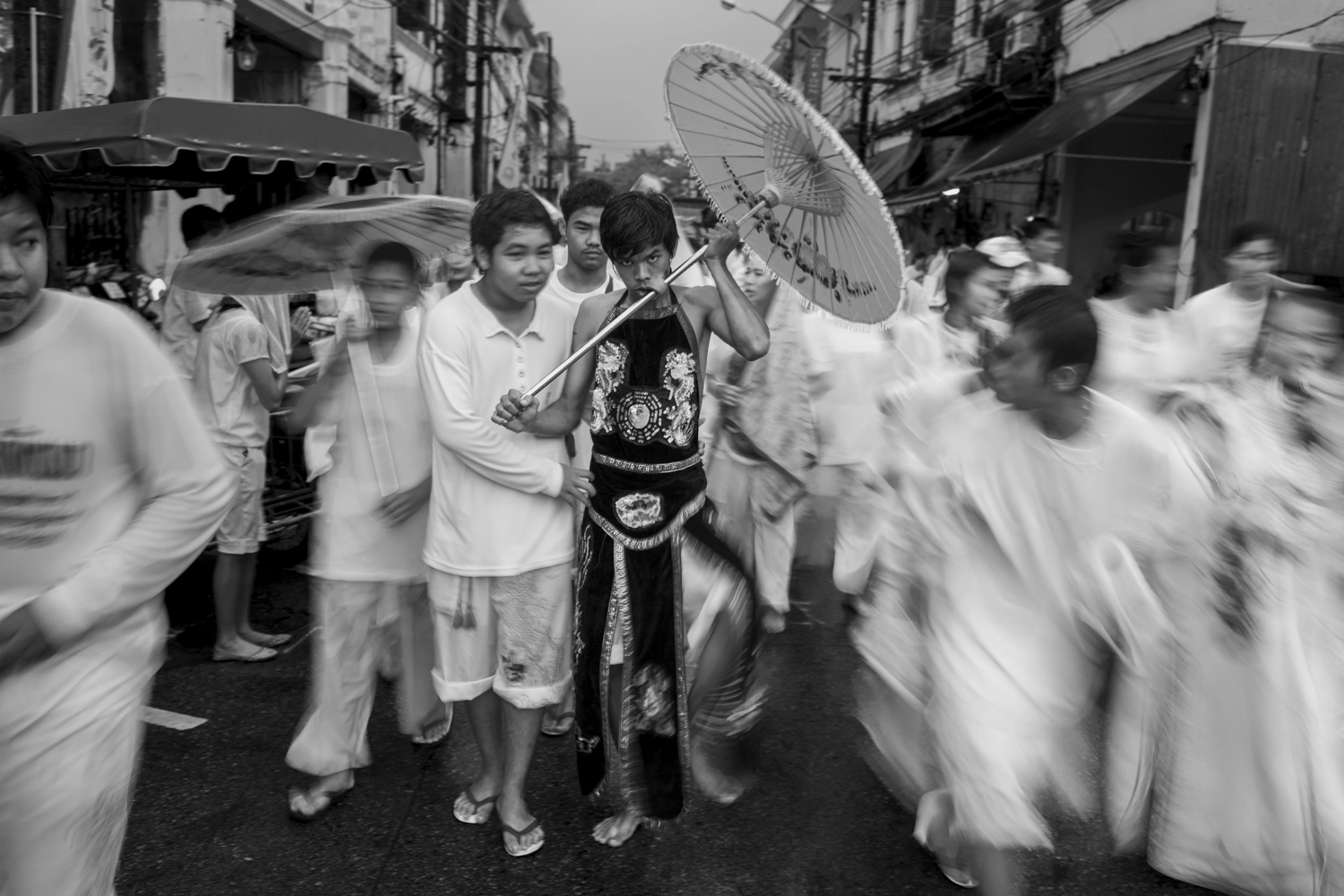
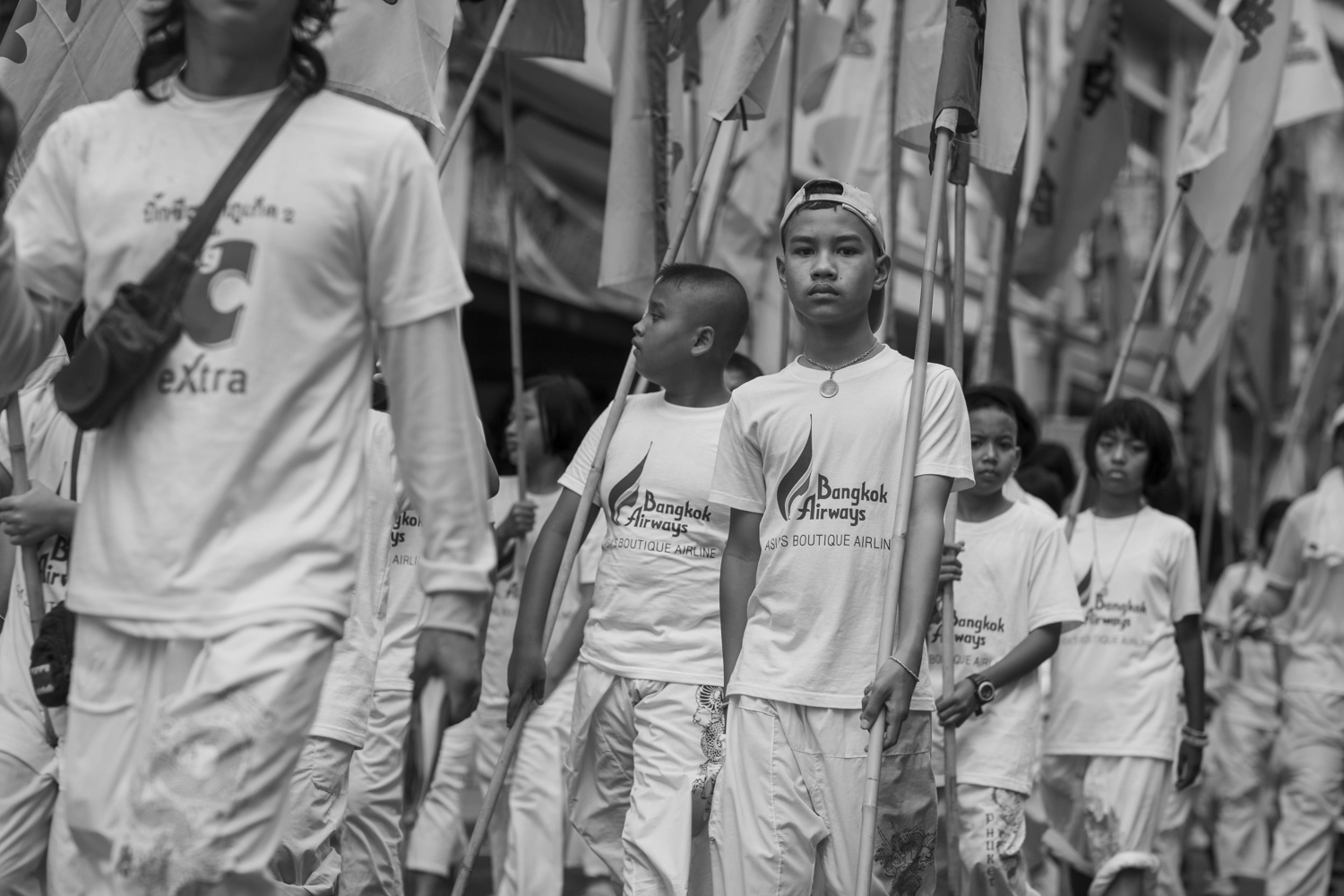
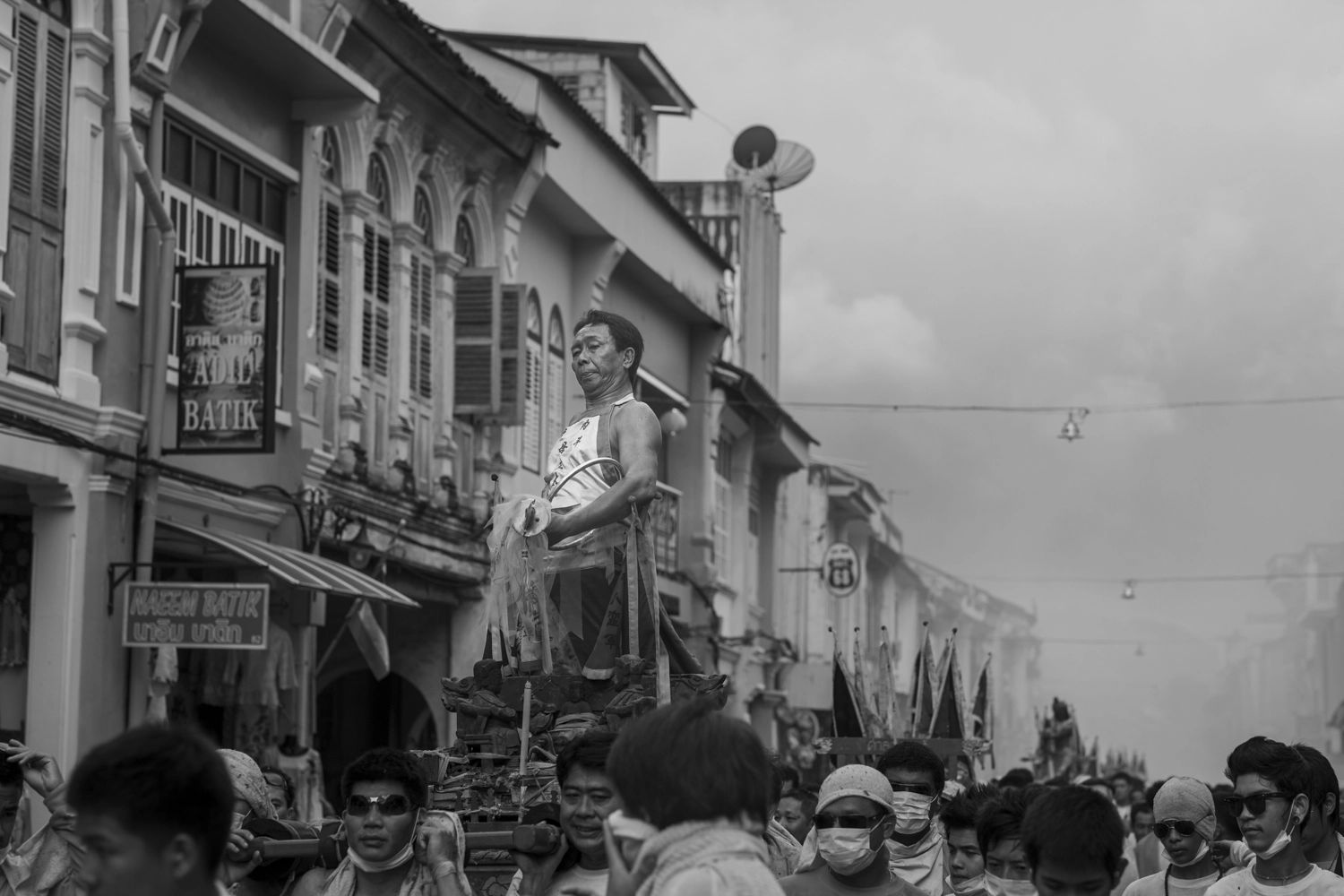
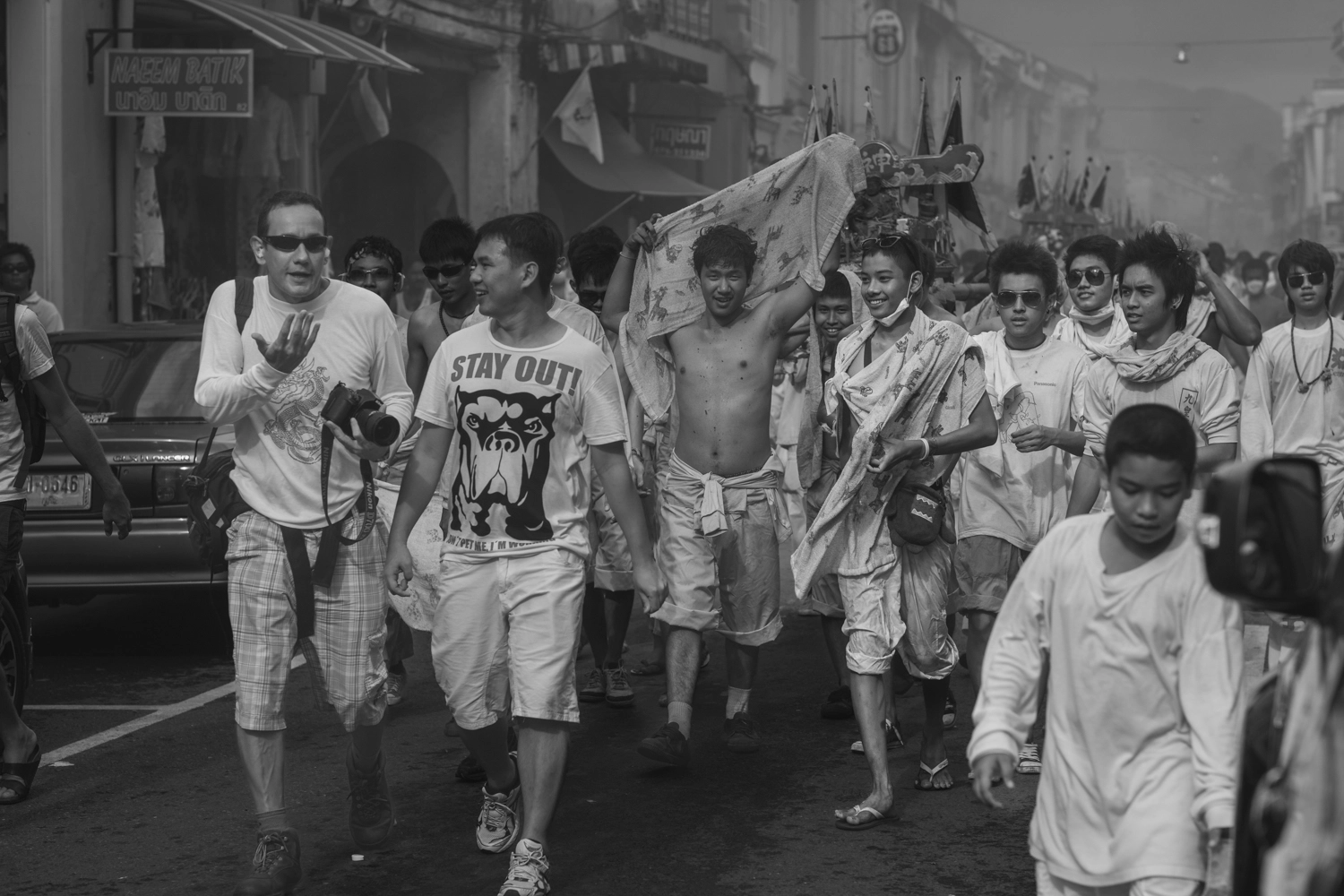
Sources of Information and Inspiration:
- Jia Chai, the Faith Festival of the Phuket Baba (DVD), Phuket Tai Hua Museum
- Kritchaya Na Takuathung, Phuket Heritage Trails
Note: Not all ceremonies conducted over the ten-day festival are covered in this post.

